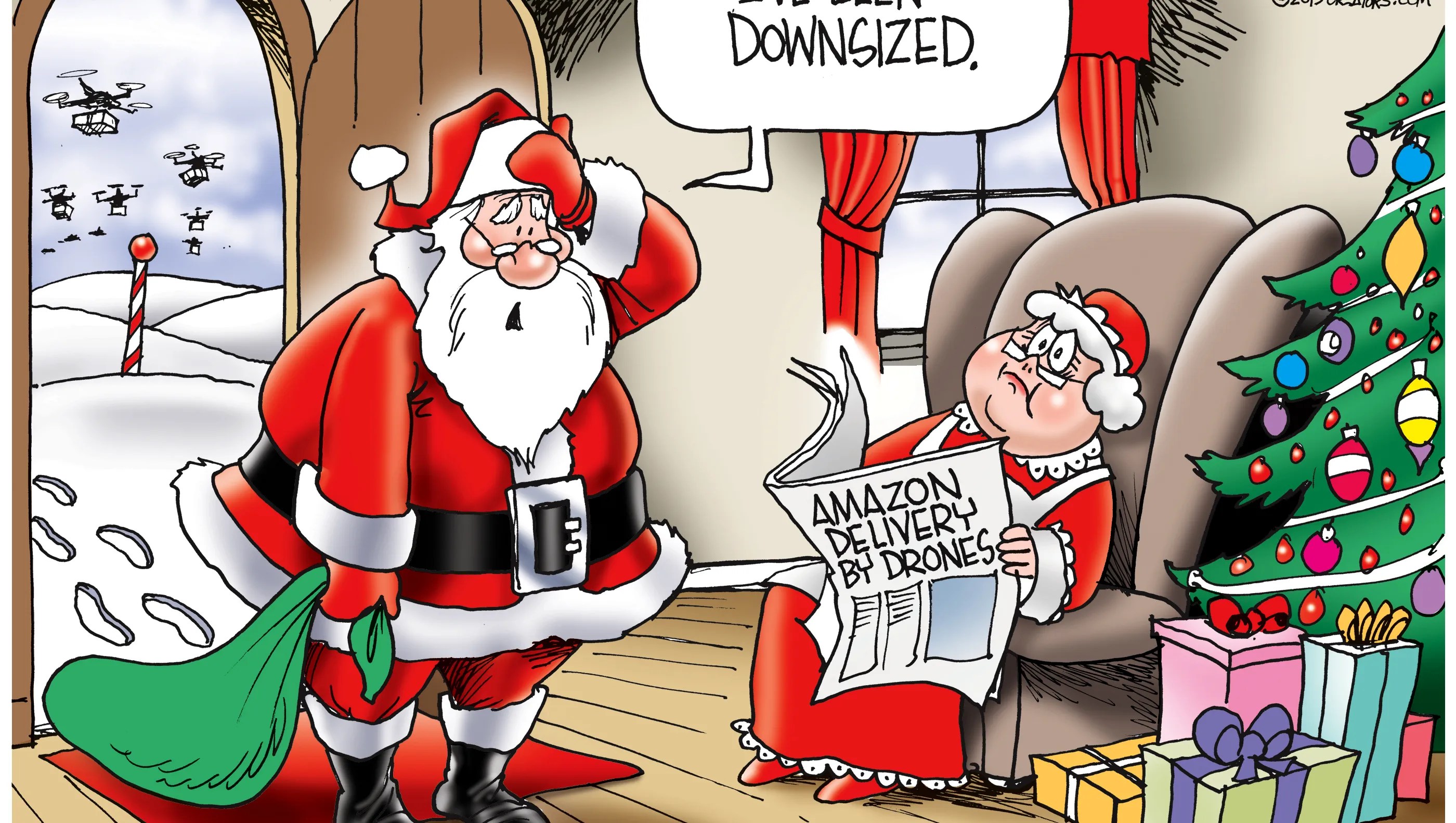Exploring 9/11 Jokes: A Controversial Humor Genre

The events of September 11, 2001, changed the world forever, leaving a profound impact on millions. In the years following this tragic day, various forms of humor emerged surrounding the events, known as 9/11 jokes. While humor can often serve as a coping mechanism, the appropriateness of such jokes continues to spark intense debate. This article delves deep into the realm of 9/11 jokes, exploring their origins, the reactions they evoke, and the implications they carry regarding societal attitudes towards tragedy and humor.
As we navigate through this sensitive topic, it is essential to approach it with respect and understanding. 9/11 jokes are not merely punchlines; they are reflections of how humor can be intertwined with grief, memory, and cultural discourse. We will examine various viewpoints, the role of comedy in dealing with trauma, and the broader implications of making light of such a significant event.
Join us as we unpack the multifaceted nature of 9/11 jokes, looking at their historical context, the impact on communities, and the ongoing conversation surrounding humor in the face of tragedy.
Table of Contents
The History of 9/11 Jokes
In the aftermath of 9/11, the comedic landscape began to shift. Comedians and writers grappled with how to address the tragedy, leading to the emergence of jokes that some found offensive while others saw as necessary social commentary. The timeline of 9/11 jokes can be categorized into several phases:
- Immediate Aftermath: In the weeks following the attacks, many comedians chose to stay silent or focus on uplifting material.
- 2002-2005: As time passed, a new wave of comedians began to test the waters, using humor to address the events directly.
- Ongoing Discussions: Today, discussions about 9/11 jokes continue, with varying perspectives on what is acceptable.
Public Reactions to 9/11 Jokes
The reactions to 9/11 jokes are as diverse as the jokes themselves. Some audiences find humor a valid way to cope with grief, while others feel it disrespects the lives lost. Surveys and studies reveal differing attitudes:
- Approximately 30% of respondents believe humor helps in healing.
- About 50% express discomfort with jokes about such a sensitive topic.
This divide highlights the complexity of humor as a response to tragedy, suggesting that context and delivery play critical roles in how jokes are received.
The Role of Comedy as a Therapeutic Tool
Comedy has long been utilized as a therapeutic tool, allowing individuals to discuss difficult subjects in a less confrontational way. In the context of 9/11 jokes, the following points emerge:
- Humor can provide relief from the emotional weight of tragedy.
- Comedians often use personal stories to connect with their audience, making the topic more relatable.
- Comedy can facilitate conversations about grief and loss, breaking down barriers of silence.
Cultural Impact of 9/11 Jokes
9/11 jokes have also played a role in shaping cultural narratives. They reflect societal attitudes towards fear, security, and the global political landscape. Key impacts include:
- Highlighting the change in American humor post-9/11.
- Influencing the way media and art address tragedy.
- Fostering a dialogue about what is considered acceptable humor in contemporary society.
Famous 9/11 Jokes
While many jokes about 9/11 have been criticized, some have gained notoriety for their audacity. Here are a few examples:
- One well-known joke by comedian Louis C.K. addressed the absurdity of the situation rather than the tragedy itself.
- Another notable instance involved a satirical take on airport security, illustrating the changes in American life post-9/11.
These jokes often tread a fine line between humor and insensitivity, showcasing the challenges comedians face when addressing such topics.
The Ethics of 9/11 Jokes
The ethical considerations surrounding 9/11 jokes are significant. Key points to consider include:
- Who is the audience, and how might they perceive the joke?
- What is the intent behind the joke? Is it to provoke thought or merely to shock?
- How do comedians navigate their personal experiences with the tragedy when crafting their material?
These ethical dilemmas underscore the responsibility comedians hold when discussing sensitive subjects.
The Future of 9/11 Humor
As the years continue to pass, the future of 9/11 humor remains uncertain. Questions arise regarding how new generations will perceive the tragedy and whether humor will evolve alongside cultural shifts. Potential trends include:
- A greater emphasis on personal narratives in comedy.
- Increased sensitivity around topics of tragedy and loss.
- The possibility of new forms of humor emerging in response to ongoing global issues.
Conclusion
In conclusion, 9/11 jokes represent a complex intersection of humor, tragedy, and cultural discourse. While some find solace in comedy, others view it as disrespectful. Understanding the nuances of 9/11 humor requires a thoughtful approach, recognizing the diverse reactions it elicits. We invite you to share your thoughts on this topic in the comments section below and explore more articles that delve into the relationship between humor and societal issues.
Final Thoughts
As we navigate the delicate balance of humor and tragedy, it is essential to remember the impact our words can have. We encourage you to return to our site for more insightful discussions on the role of humor in our lives.
ncG1vNJzZmivp6x%2Fb8DAnqqaZpOkum%2Bu0Widmqqena6uhI6er6mkn6e2r7OMcmhqZZqkuKa%2FjJpknKeeqb%2BwwsSrqqKZnGK1trnOq2SgnZ6nsm%2B006aj